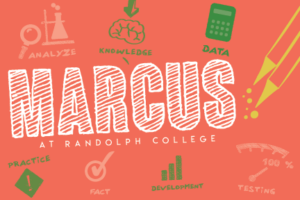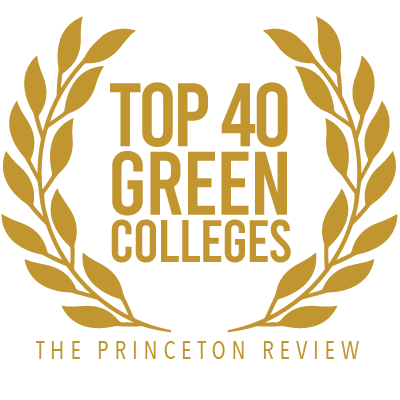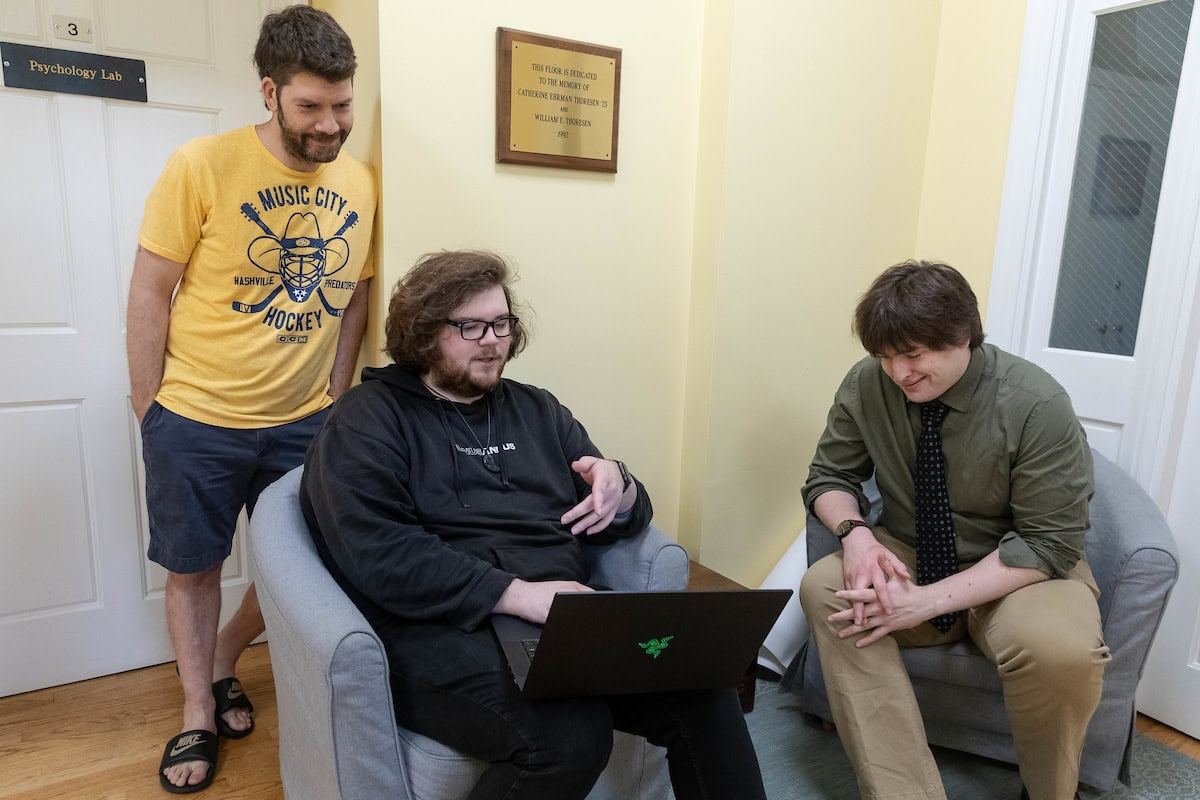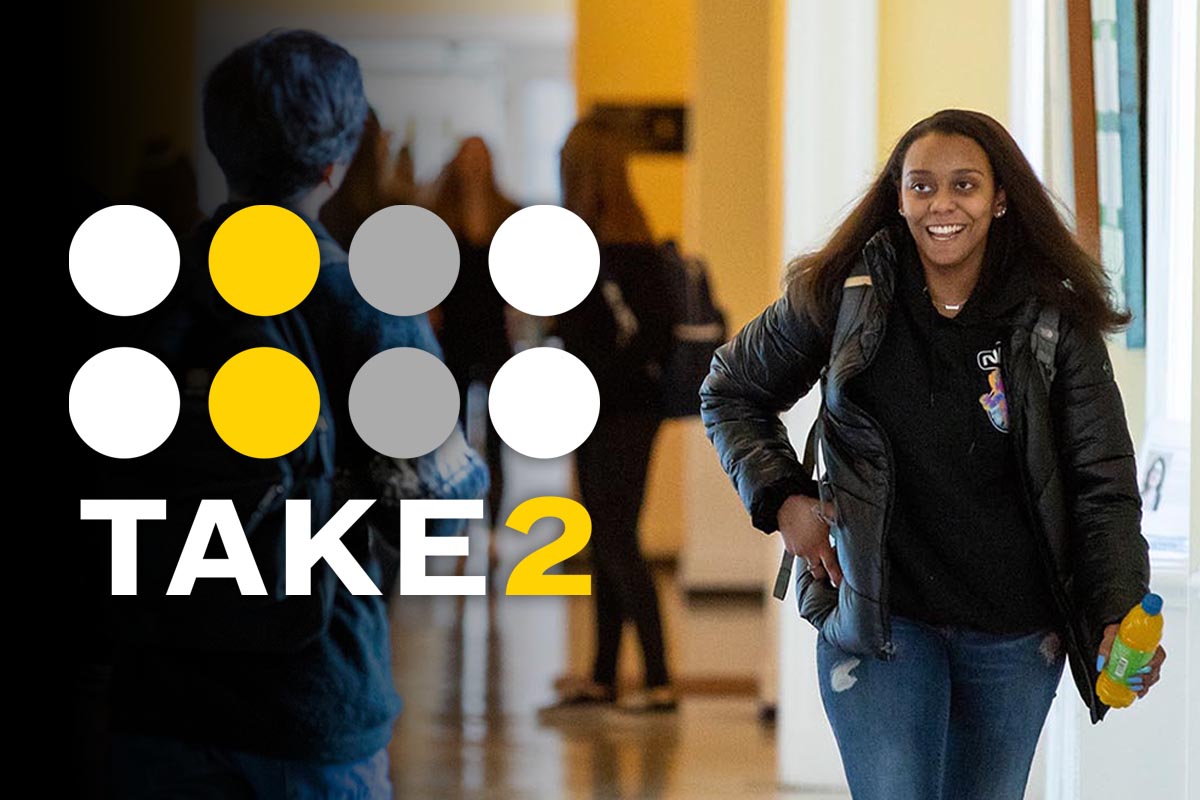Center for Student Research
Related Links
Mid-Atlantic Regional Conference for Undergraduate Scholarship (MARCUS)
MARCUS 2025
27th Annual Mid-Atlantic Regional Conference for Undergraduate Scholarship
Saturday, November 8, 2025
Pre-registration is required for all attendees

MARCUS is a presentation venue for undergraduate scholarship in all disciplines and was founded and hosted by Sweet Briar College from 1999-2018. Randolph College served first as host in 2015, and has hosted since 2019.
Registration and Costs
Pre-registration is required for admittance — including all student attendees, student presenters, faculty, mentors, and guests.
Entrance, light breakfast, keynote presentation, full lunch, and afternoon snacks are included with registration.
Student Presenters
Students who wish to present will have submitted the Presentation Application by the end of Wednesday, 10/8/2025, to be scheduled and included in the program.
Presentation Types
- Poster Presentations: A standard poster is a single visual, typically between 3-5 feet on a side, with a minimum of 24 point font. Randolph will supply a 4’x 6′ board and easel.
- Oral Presentations: Oral presentations are strictly limited to 12 minutes in length, with 3 minutes for Q&A. Most typically, accompanying slides are in presented PowerPoint, but you are not required to use slides/PowerPoint.
- Elevator Speech: For the elevator speech, the presenter describes their research so that anyone can understand it. They do not have to conform to their field’s typical way of presenting research. The elevator speech is no more than 5 minutes (with up to an additional 3 minutes for Q&A) and may use visuals in the same way as the longer, oral presentations.
Draft Schedule and Program (subject to change)
8:15 – 9:00 a.m. Check-in Main Hall Lobby
8:15 – 9:00 a.m. Light Breakfast & Coffee Quillian Conference Room
9:30-10:00 a.m. Welcome & Keynote
10:15 – 11:15 a.m. Poster Session I Hampson Commons
11:30 – 12:30 p.m. Oral Presentations Session I Nichols Theatre, Klein Boardroom, Psychology Room 101
12:30 – 1:30 p.m. Lunch Buffet Smith Banquet Hall, Smith Building
1:45 – 2:45 p.m. Oral Presentations Session II Nichols Theatre, Klein Boardroom
3:00 – 4:00 p.m. Poster Session II Hampson Commons
MARCUS 2024 Official Program (PDF)
Contact
Luisa Carrera, Administrative Coordinator
lbcarrera@randolphcollege.edu
Center for Student Research
Randolph College
2500 Rivermont Ave
Lynchburg, VA 24503
434-947-8918
Past Proceedings from 1999-2023, can be accessed in the MARCUS Archive.



